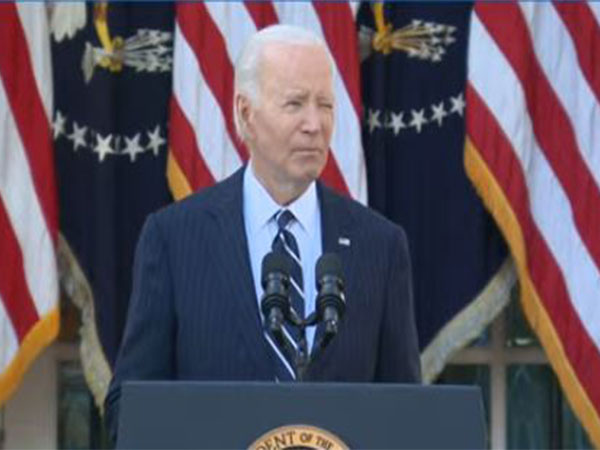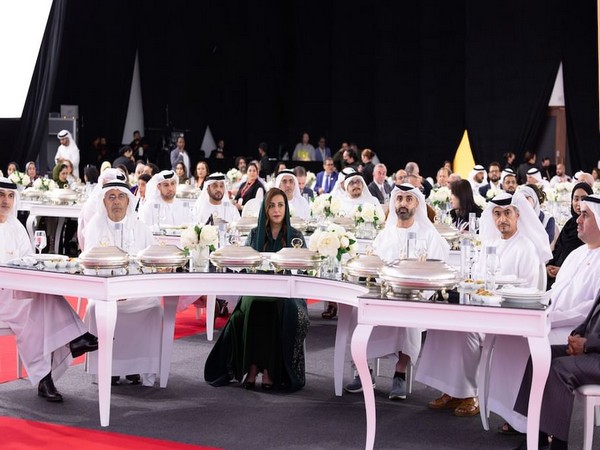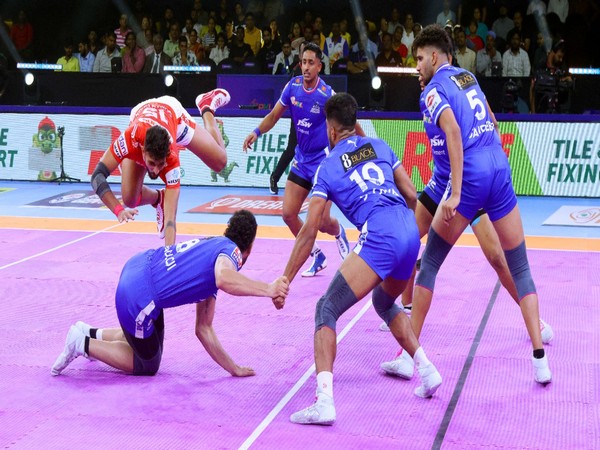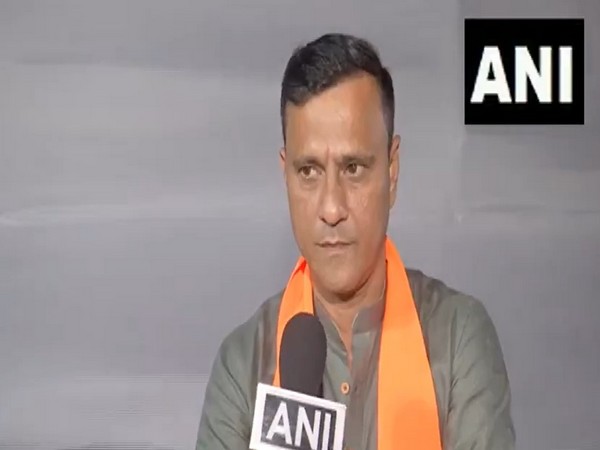Mumbai (Maharashtra) [India], June 21 (ANI): The minutes of the Monetary Policy Committee (MPC) of the Reserve Bank of India, released on Friday said that the committee emphasized on withdrawing accommodation to ensure that inflation aligns progressively with the medium-term target of 4 per cent, while continuing to support the economic growth.
In its 49th MPC meeting held between June 5 and 7, it was decided to maintain the status quo on key interest rates, reflecting a balanced approach towards sustaining economic growth while keeping inflation in check.
After thorough deliberations on the current and evolving macroeconomic conditions, the MPC resolved to keep the policy repo rate unchanged at 6.50 per cent.
Consequently, the standing deposit facility (SDF) rate remains at 6.25 per cent, and the marginal standing facility (MSF) rate, along with the Bank Rate, is retained at 6.75 per cent.
MPC members Dr Shashanka Bhide, Dr. Rajiv Ranjan, Dr. Michael Debabrata Patra and Shri Shaktikanta Das voted to keep the policy repo rate unchanged at 6.50 per cent. While Dr. Ashima Goyal and Prof. Jayanth R. Varma voted to reduce the policy repo rate by 25 basis points.
Dr Shashanka Bhide, Dr. Rajiv Ranjan, Dr. Michael Debabrata Patra and Shri Shaktikanta Das voted to remain focused on withdrawal of accommodation to ensure that inflation progressively aligns to the target, while supporting growth. Dr. Ashima
Goyal and Prof. Jayanth R. Varma voted for a change in stance to neutral.
Commenting on his decision to hold policy rate unchanged RBI governor Shaktikanta Das said, “Price stability is the bedrock for high and sustainable growth. I, therefore, vote to keep the policy repo rate unchanged at 6.5 per cent and to continue with the stance of withdrawal of accommodation.”
He added, “With persistently high food inflation, it would be in order to continue with the disinflationary policy stance that we have adopted. Any hasty action in a different direction will cause more harm than good. It is important that inflation is durably aligned to the target of 4.0 per cent.”
Dr Shashanka Bhide, member MPC said, “The rise in projected inflation rate above the 4.5 per cent mark in H2 of the financial year reflects the underlying price pressures, which if not addressed would not meet the policy goal. As a major part of these price pressures relate to food inflation, a watchful approach is appropriate to ensure that there are no spillovers of high food inflation to the prices of the other items in the consumption basket.”
He added, “As the aggregate output projections for 2024-25 reflect strong GDP growth, keeping the monetary policy focus on achieving the inflation target on a durable basis is appropriate at this juncture”
Dr Ashima Goyal said, “India cannot be compared with US Fed for rate cut. India cannot cut before the US Fed. But the US has its own special problems that do not apply elsewhere. Many other central banks are cutting rates.”
She added, “The fall in India’s current account deficit, index inclusion and ratings upgrade add to the many reasons that make interest differentials with the US less important. India’s inflation differential with the US is also narrowing again.”
Professor Jayanth R. Varma said, “advocated for rate cut by 25 basis point because professional forecasters surveyed by the RBI are projecting growth both in 2025-26 and in 2024-25 to be lower than in 2023-24 by more than 0.75 per cent, and lower than the potential growth rate (of say 8 per cent) by more than 1 per cent.”
He added, “This is an unacceptably high growth sacrifice considering that headline inflation is projected to be only about 0.5 per cent above target, and core inflation is extremely benign.”
Dr Rajiv Ranjan asked for maintain status quo, saying, “we are broadly in a similar monetary policy setting as in the last two bi-monthly reviews. Growth continues to be robust and has surprised further on the upside. While core inflation has softened further, food inflation risks have remained elevated.”
Dr Michael Debabrata Patra said, “food prices are holding back any consideration of possible changes in the monetary policy.The speed of the easing of inflation has been disappointing so far, even from a cross-country perspective. Food prices are persisting for too long as the principal impediment to a faster disinflation.”
He added, “The Indian economy remains hostage to intersecting food price shocks. Their repetitive occurrence calls for intensifying monetary policy vigil to ward off spillovers to other components of inflation and to expectations”. (ANI)
Disclaimer: This story is auto-generated from a syndicated feed of ANI; only the image & headline may have been reworked by News Services Division of World News Network Inc Ltd and Palghar News and Pune News and World News
HINDI, MARATHI, GUJARATI, TAMIL, TELUGU, BENGALI, KANNADA, ORIYA, PUNJABI, URDU, MALAYALAM
For more details and packages
















